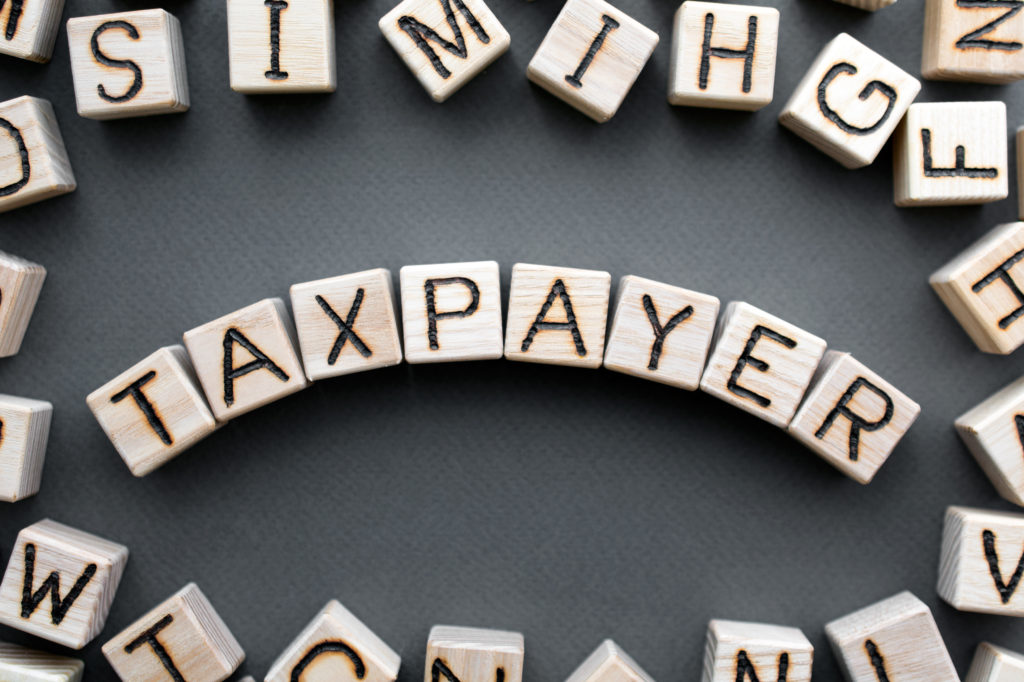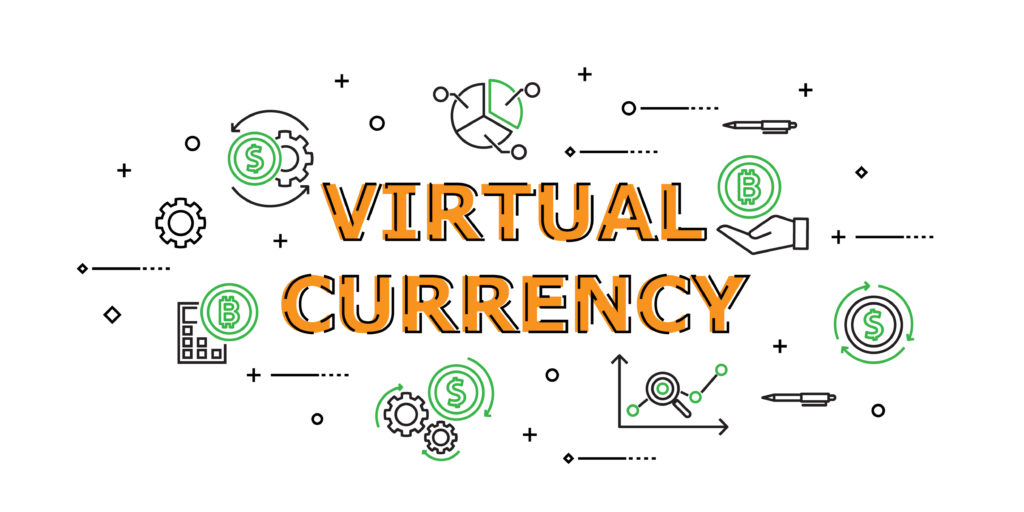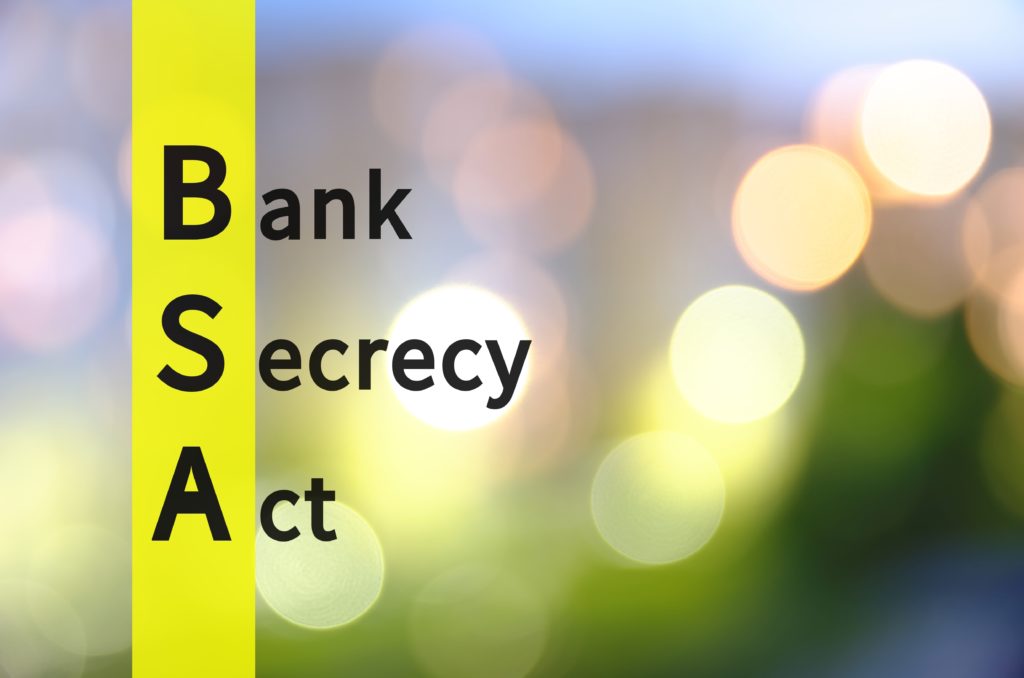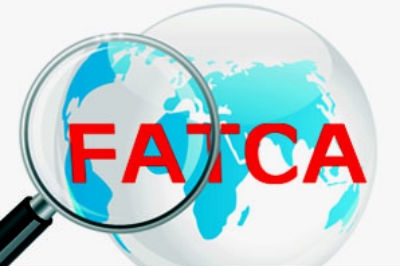Fraud is Everywhere. The IRS is looking for it and the Forensic Accountants are right behind them

The Internal Revenue Manual defines fraud as a “deception by misrepresentation of material facts or silence when good faith requires expression, which results in material damage to one who relies on it and has the right to rely on it. “Simply stated, it is obtaining something of value from someone else through deceit”. The U.S. […]
IRS has a Commitment to Service US Taxpayers and Enforce Collections Compliance

According to the Internal Revenue Code, Taxpayers have three obligations: (1) to file timely returns; (2) to file accurate returns; and (3) to pay the required tax voluntarily and timely. Voluntary compliance, in which Taxpayers determine the correct amount of their tax and complete appropriate returns, rather than the Government determining their tax for them […]
PPP Safe Harbor is meant to promote economic certainty for PPP borrowers with limited resources

On May 13, 2020, the U.S. Treasury published PAYCHECK PROTECTION PROGRAM (PPP) LOANS Frequently Asked Question (FAQ 46). It addresses SBA review of a borrower’s required good-faith certification concerning the necessity of a loan request. According to FAQ 46, the SBA and the U.S. Department of the Treasury provide a “good-faith certification safe harbor” for […]
This is the Time to Update Important Documents

By unexpectedly raising apprehensions regarding mortality and quality of life issues that many Individuals were not addressing prior to the pandemic, the Covid-19 pandemic is provoking individuals to think about their personal financial planning. Individuals may be considering estate planning choices as well as trying to answer questions concerning who will oversee their medical care […]
So much of Virtual Currency is still subject to Interpretation

On February 12,2020, the U.S. Government Accountability Office (GAO) published a Report on Virtual Currencies which discusses whether Taxpayers who use Virtual Currency (VC) are fully meeting their tax obligations. The purpose of the GAO report is to address IRS’ efforts related to VC tax compliance, guidance, and information reporting (which involves third parties, such […]
Were you Engaged in Virtual Currency transactions in 2019?

In 2019, taxpayers who engaged in virtual currency transactions will need to file Schedule 1, Additional Income and Adjustments to Income. Schedule 1 of the 2019 1040 Form presents the question to Taxpayers: “At any time during 2019, did you receive, sell, send, exchange or otherwise acquire any financial interest in any virtual currency? This […]
PPP Loan Borrowers will need Assistance when Applying for Forgiveness of their PPP Loans

On 4/15/20, the SBA and the U.S. Department of the Treasury released an application form for Paycheck Protection Program (PPP) loan forgiveness along with instructions for completing the form. To apply for forgiveness of a Paycheck Protection Program (PPP) loan, the Borrower must complete the application and submit it to its Lender (or the Lender […]
OFAC is not part of the BSA, But Convergence is Occurring

On April 15, 2020, the members of the Federal Financial Institutions Examination Council (FFIEC) released updated sections and related examination procedures to the Bank Secrecy Act/Anti-Money Laundering (BSA/AML) Examination Manual (Manual) which provide instructions to examiners when assessing the adequacy of a bank’s BSA/AML compliance program. The Manual was last updated in 2014. In the […]
What happens if an FFI loses its GIIN?

In order to be FATCA registered and exempt from withholding by U.S. withholding agents, a Foreign Financial Institution (FFI) must have a Global Intermediary Identification Number (GIIN). A Foreign Financial Institution withoutaGIIN is treated as unregistered in FATCA and faces a 30% withholding tax on certain U.S. source payments of Fixed Determinable Annual Payments (FDAP). […]
How are Financial Institutions identifying and managing their PEP relationships?

With respect to customers, Financial Institutions are required to have processes in place for identifying Politically Exposed Persons – known as “PEPs”. They are individuals perceived as more vulnerable to corruption and bribery involvement due to a current or past governmental position of influence. Financial Institutions include the immediate family and close associates in the […]
Financial Institutions Ought to Remain Alert to Illicit Financial Activity During Covid-19

On March 16, 2020, FinCEN advised Financial Institutions to be on the alert about fraudulent transactions and potential illicit behavior connected to Covid-19. FinCEN encouraged Financial Institutions to contact their functional regulator if the financial Institution has concerns about delays in submitting BSA Reports. In addition, FinCEN provided direction for Financial Institutions to be aware […]
Covid-19 and Non-Resident Aliens’ Emergency Time Period in the U.S.

Nonresident alien individuals (NRA) who perform services or other activities while in the United States, and foreign corporations who employ individuals or engage individuals as agents to perform services or other activities in the United States may be considered engaged in a U.S. trade or business (USTB). If Nonresident alien individuals performing those services or […]

